Digital Humanities Summer Fellowships
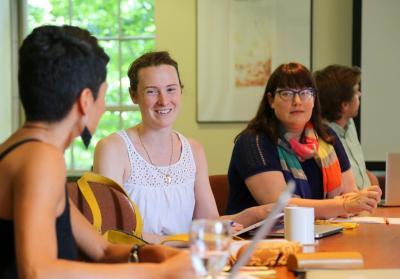
The Simpson Center offers annual summer fellowships for faculty and graduate students to pursue research projects that use digital technologies in innovative and intensive ways and/or explore the historical, social, aesthetic, and cross-cultural implications of digital cultures. The program has three primary goals:
- To animate knowledge—using rich media, dynamic databases, and visualization tools
- To circulate knowledge—among diverse publics
- To understand digital culture—historically, theoretically, aesthetically, and generatively
The Simpson Center gratefully acknowledges the support of a National Endowment for the Humanities Challenge Grant and the Andrew W. Mellon Foundation as well as many donors to the endowment which is underwriting these fellowships.
2025 - 2026 Digital Humanities Summer Fellows
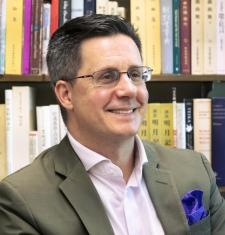
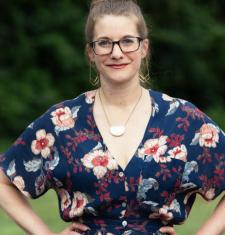
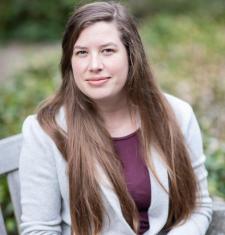
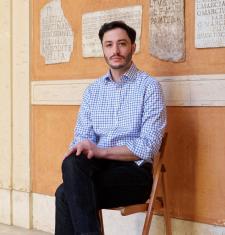
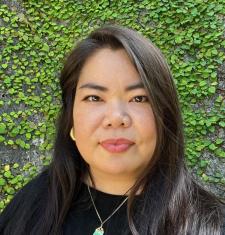
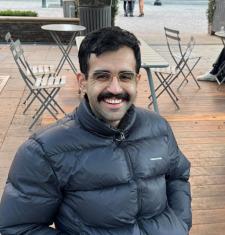
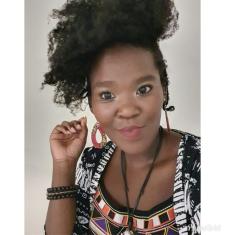
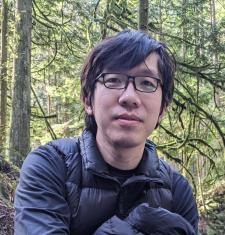
2019 - 2020 Digital Humanities Summer Fellow
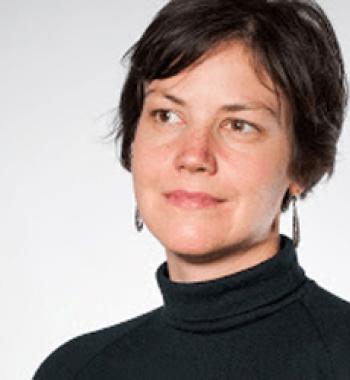
Judy Twedt (she/her/hers)
Arctic Climate Change Through Human Narratives and Data-as-Music
Standard information-driven models of climate science communication have failed to gain traction broadly in the American mind, despite increasingly devastating impacts of global warming. This project co-creates soundtracks that blend storytelling with data sonification to bring new acoustic perspectives to the science and lived experience of Arctic climate change.